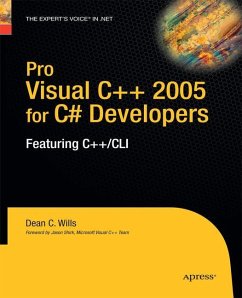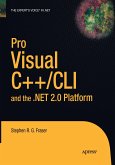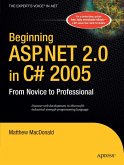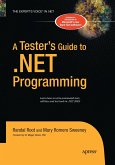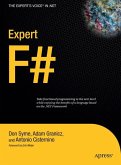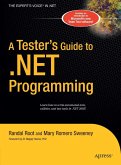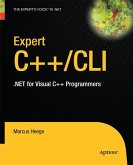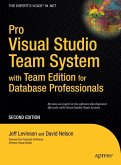Pro Visual C++ 2005 for C# Developers features two distinct sections that lead to a simple migration path for you to move toward Visual C++ 2005 development. If you?re an experienced developer approaching Visual C++ from a C# background with .NET 1.1 or 1.0, you?ll greatly benefit from this book. The first section introduces the Visual C++ 2005 technology, then outlines the language in fast-track chapters. This overview focuses on the mechanics of the language, without introducing any coding. Additional chapters cover the techniques and issues involved when converting C# applications to Visual C++ 2005.
The next portion of the book functions as a detailed reference to Visual C++ 2005 providing information and advice about the technology and its coding techniques. Here you can dip into it as necessary for assistance with your work. This material supplements the information that is already freely available within Visual Studio .NET 2005. With its thorough regard for Visual C++ 2005, this book will earn a place on your shelf as a helpful reference for years to come.
The next portion of the book functions as a detailed reference to Visual C++ 2005 providing information and advice about the technology and its coding techniques. Here you can dip into it as necessary for assistance with your work. This material supplements the information that is already freely available within Visual Studio .NET 2005. With its thorough regard for Visual C++ 2005, this book will earn a place on your shelf as a helpful reference for years to come.
From the reviews:
"This book is designed to guide C# programmers in how to use C++ in the Visual Studio environment. Thus, this book fills a definite need. ... The book concentrates on the extensions to C++ found in Visual Studio 2005, which makes it compatible with the newer features of programming languages found in C# (and frequently in Java). ... This book is clearly intended for a specialized audience, and it appears to be well thought out and focused." (J. Miller, ACM Computing Reviews, Vol. 49 (8), August, 2008)
"This book is designed to guide C# programmers in how to use C++ in the Visual Studio environment. Thus, this book fills a definite need. ... The book concentrates on the extensions to C++ found in Visual Studio 2005, which makes it compatible with the newer features of programming languages found in C# (and frequently in Java). ... This book is clearly intended for a specialized audience, and it appears to be well thought out and focused." (J. Miller, ACM Computing Reviews, Vol. 49 (8), August, 2008)

